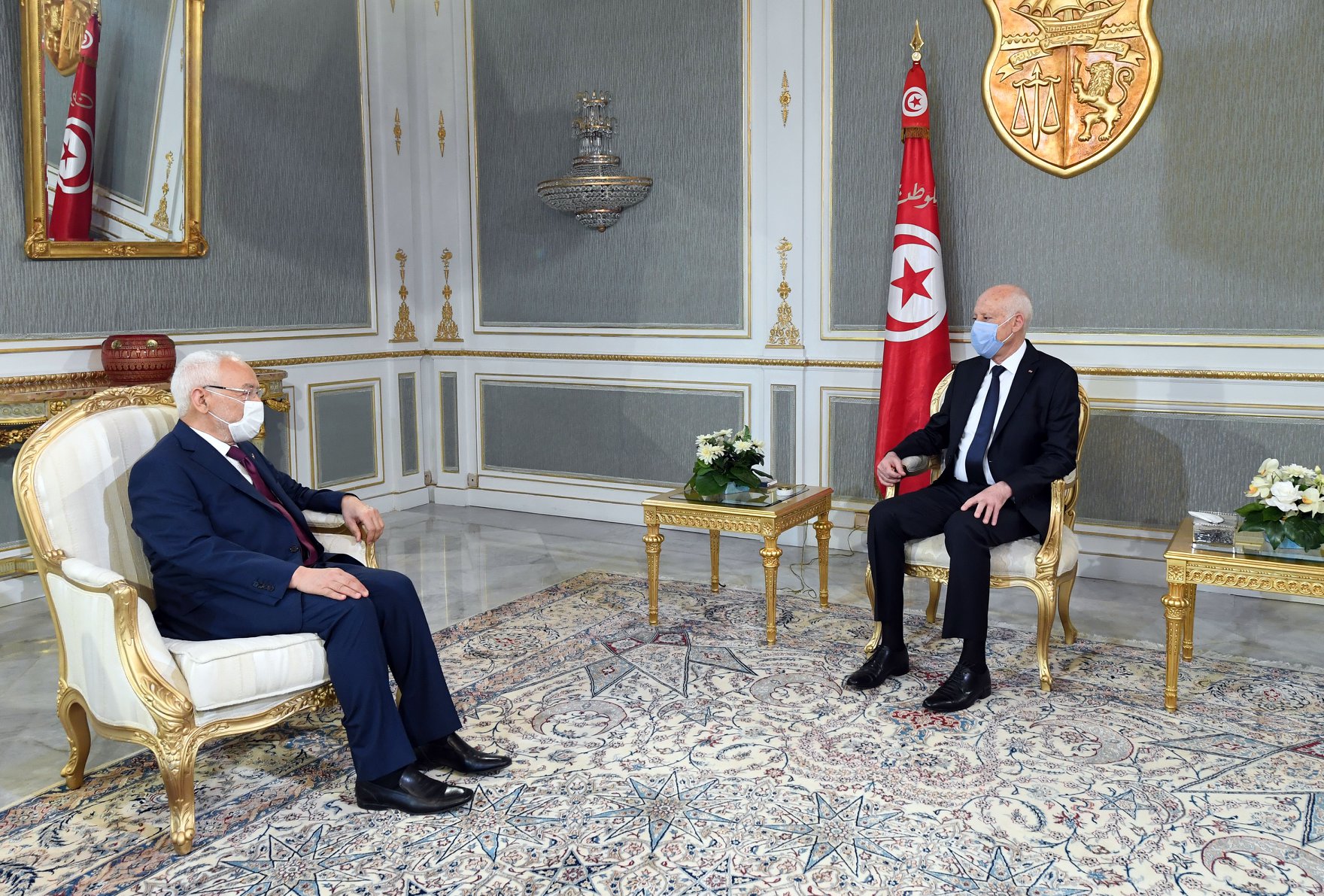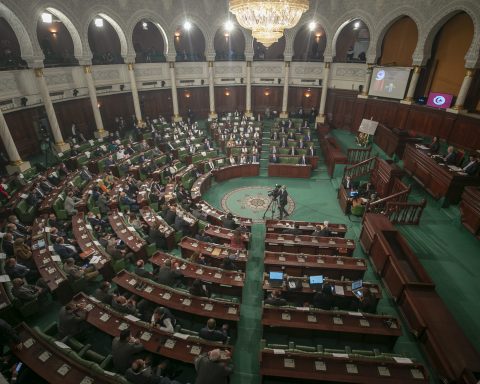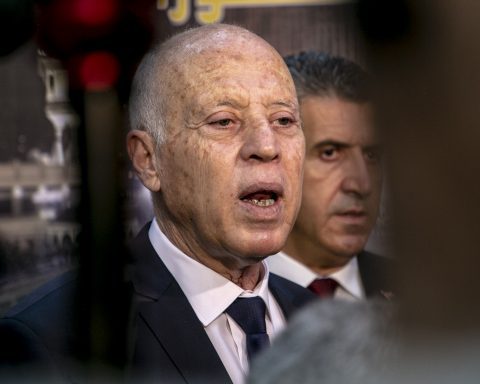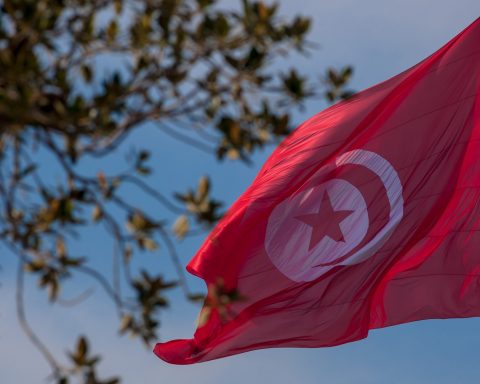Since the presidential and parliamentary elections held in Tunisia on October 6, 2019, the ongoing political crisis between the Prime Minister of the third government, Hichem Mechichi, and President Kais Saied, since the last elections, occupy the country’s agenda.
President Saied argues that Prime Minister Mechichi’s cabinet revision, which won a vote of confidence in the House, is unconstitutional and refuses to invite new ministers to take the Constitutional oath.
Despite a parliamentary approval, Saied refuses to invite new ministers to take the constitutional oath at Carthage Palace, arguing that the amendment was tainted with “violations”. These were rejected by Mechichi.
In addition, President Saied’s statements that “he is the commander-in-chief of not only the armed forces but also of the law enforcement forces” at a ceremony in which Parliament Speaker Ghannouchi and Prime Minister Mechichi were present, drew a lot of reaction in the country as a “soft coup” by political circles, and interpreted as “authoritarianism”.
Dialogue calls have been made by various circles in the country so that this conflict between state powers does not deepen the political crisis.
In this context, shortly after Lotfi Zitoun, one of the former leaders of the Ennahda Movement, proposed that he could mediate between Kais Saied and Rachid Ghannouchi, the two leaders, who had not met for about six months, had a long meeting in Carthage Palace.
Khalil Baraoumi, the Press Spokesperson of the Ennahdha Movement, announced that there was a long conversation between Saied and Ghannouchi. Baraoumi stated that the two discussed the situation in the country and that the meeting took place in a “positive tone”.
In a written statement made by the Presidency, it was reported that President Saied and Parliament Speaker Ghannouchi met on the occasion of the 65th anniversary of the establishment of the Tunisian Army. Saied and Ghannouchi last met in January.
Tunisian Parliament Speaker Rached Ghannouchi, on June 26, called on all national forces to engage in appeasement in order to reach a comprehensive solution to the political crisis.
It is evaluated that the meeting between Saied and Ghannouchi, which took place after Zitoun’s mediation offer, has not brought concrete results yet and that the chance of success should be considered within the framework of the concessions that the parties can make.
On the other hand, the Tunisian General Labour Union (UGTT) announced that it had launched a “national dialogue” initiative in December 2020, and Saied broke his silence after months by announcing that he agreed to lead the initiative on June 15, but he put forward some conditions regarding dialogue.
In his meeting with the former prime ministers, the President had said that “dialogue should not be an attempt to give false legitimacy to traitors and thieves but it should be aimed at creating a new political regime and a real Constitution”.
On June 18, Ennahda Movement Spokesperson Fathi al-Ayadi announced the opinion of the Ennahda Movement regarding Said’s proposal to lead the ‘national dialogue’, provided that the political system changes. Al-Ayadi said, “Those who want to enter into dialogue should not set preconditions, there can be no conditional dialogue. The change of the political system is related to the change of the Constitution, which is not the subject of the dialogue at the moment.”
With the lack of political stability since the elections in Tunisia, expectations have increased in order for the political crisis to end with the Saied-Ghannouchi meeting and the calls for dialogue. The fact that the Constitutional Court, which stipulated by the 2014 Constitution, has not been established yet, both deepens the crisis and renders it unresolved.
Finally, it should be noted that the serious economic crisis, exacerbated by the repercussions of the COVID-19 pandemic and the increasing protests caused by police brutality are pressing Tunisian political institutions to end the political crisis.














